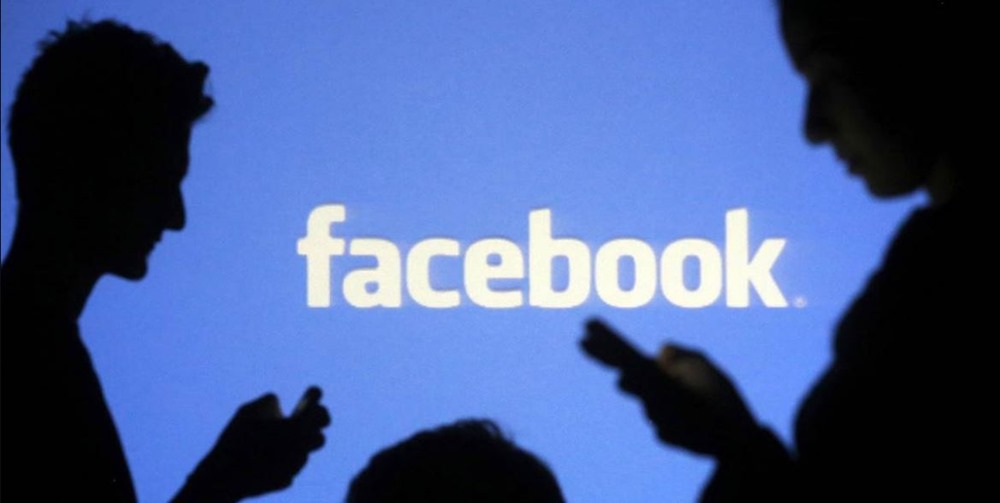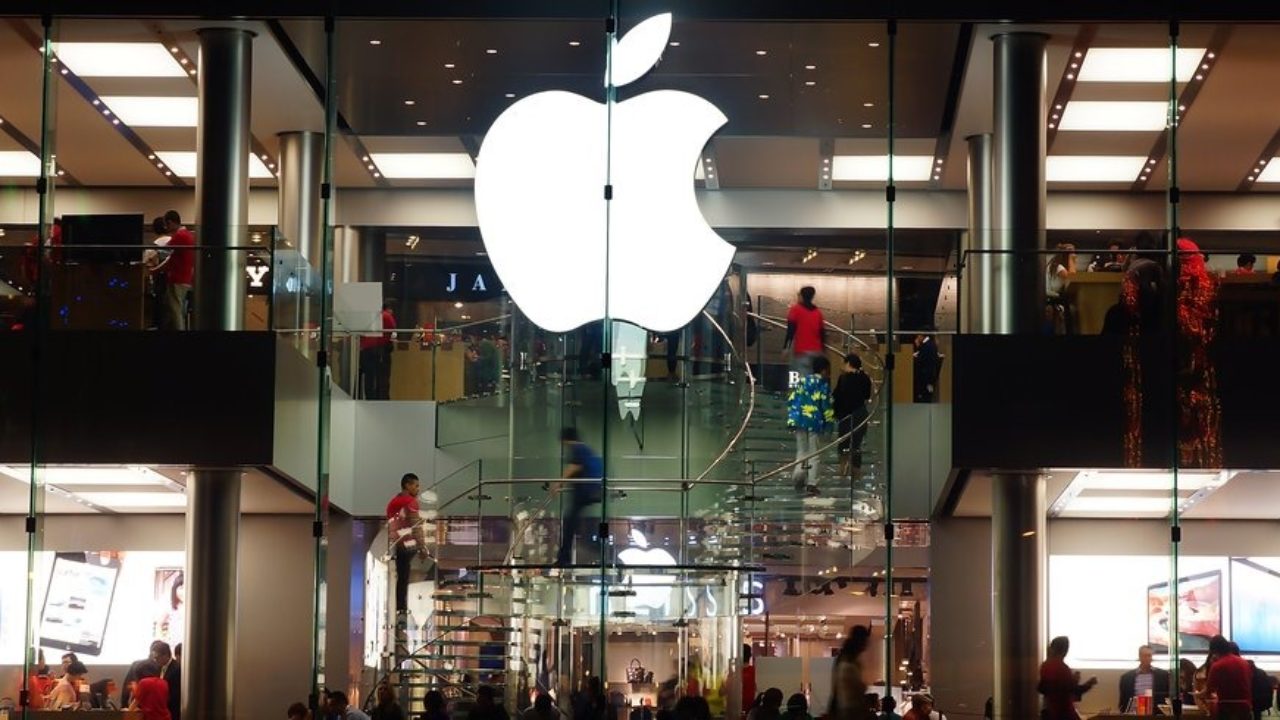Meta, the parent company overseeing Facebook’s operations, has formulated a strategic plan to bypass the dominant app marketplaces, Google’s Play Store and Apple’s App Store, by introducing a novel approach that enables users to directly download apps from the Facebook platform.

Read on to find out all the details!
Meta Draws A Plan To Bypass Google Play Store and Apple App Store
Initially targeting the European Union, Meta’s groundbreaking initiative aims to streamline the app acquisition process, allowing users to conveniently access and install apps featured in advertisements with just a single click.
The driving force behind Meta’s decision stems from the imminent enforcement of the Digital Markets Act (DMA) in the European Union, which mandates prominent tech companies to facilitate the presence of alternative app stores on their platforms.
While Android, as an open-source operating system, already grants users the capability to sideload apps, Google has complicated matters by imposing stringent in-app billing and licensing requirements through its Play Store.
Nevertheless, Meta remains undeterred and envisions the implementation of this innovative project for Android users in the near future, heralding a potential shift in the app distribution landscape.
In a bid to incentivize app developers to embrace this groundbreaking approach, Meta has extended an invitation to participate in a pilot program. As part of this program, Meta assures developers that their apps will garner increased visibility and downloads through the Facebook platform.
Download Apps Directly From Facebook
By eliminating the need to visit traditional app stores, users can conveniently download apps directly from Facebook, thus enhancing the discoverability and accessibility of various applications.
At present, Meta has pledged not to levy any fees for hosting apps on its platform, differentiating itself from Google’s Play Store, which tightly controls the billing process.
It is worth highlighting that Meta is not the solitary entity expressing interest in alternative app distribution models following the implementation of the Digital Markets Act.
Microsoft, a tech giant in its own right, has also set its sights on empowering users with the option to sideload apps. Industry speculations suggest that Microsoft may introduce an alternative app store dedicated to games on iOS and Android devices in Europe in the coming year, further diversifying the landscape and providing users with greater choice and flexibility in acquiring applications.
As the app distribution landscape undergoes significant transformations, competition among major players intensifies, ultimately benefitting both developers and users alike.













